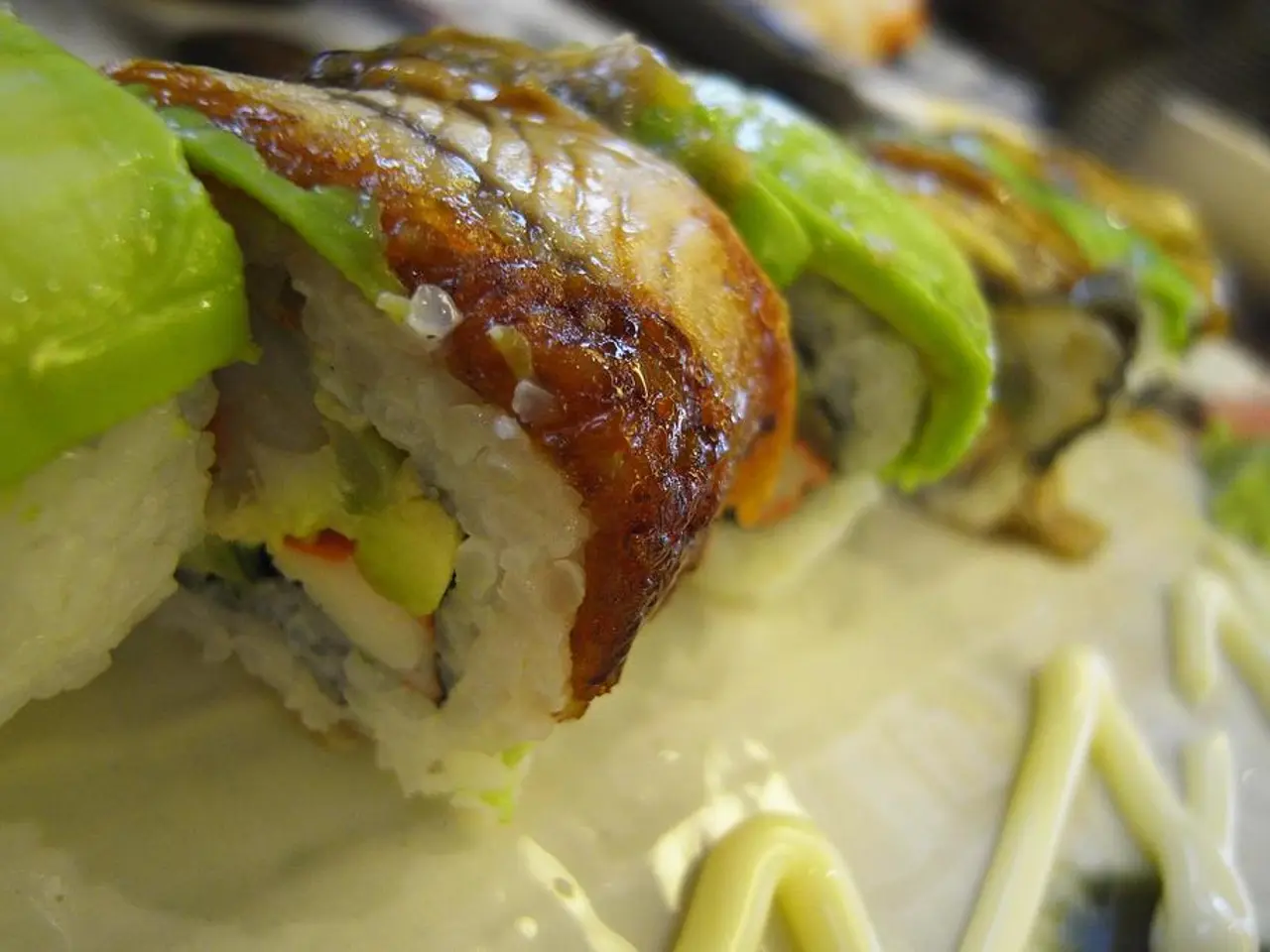Dietary essentials that are commonly labeled as "superfoods" may not live up to their hype. Instead, consider introducing these recommended additions to your daily meals.
In the world of health and wellness, it's easy to get caught up in the latest superfood trends. However, it's crucial to remember that not all trendy foods are the most beneficial or cost-effective options for everyone. Here's a guide to swapping some popular superfoods with sustainable and budget-friendly alternatives that offer equal or greater nutritional value.
Firstly, instead of avocados, consider nuts or seeds. They provide similar heart-healthy fats, protein, fiber, and antioxidants but are more shelf-stable and cost-effective. For example, almond milk can be swapped with oat milk or coconut milk. Oat milk is creamier, more eco-friendly, naturally sweet, and generally more affordable, while coconut milk offers healthy fats and flavor, making both good dairy-free options.
Protein bars can be replaced with roasted chana (chickpeas) or boiled eggs. These natural options are rich in protein, inexpensive, and keep you full longer without added sugars or additives common in protein bars.
If you're a matcha lover, consider substituting it with regular green tea or tulsi (holy basil) tea. They provide similar antioxidant and metabolism benefits and are widely available and less costly.
Instead of goji berries, use amla (Indian gooseberry). Amla is fresher, richer in vitamin C—up to ten times more than many fruits—and supports immunity, digestion, and skin health at a fraction of the price and with a lower environmental footprint.
Replace coconut sugar with jaggery (gur). Jaggery is unrefined, locally sourced, and contains beneficial trace minerals like iron and magnesium, while offering digestive and energy benefits.
For quinoa alternatives, consider amaranth, millets, buckwheat, and barley. These options provide similar protein and nutrient profiles but are more budget-friendly and often grown locally, supporting sustainability.
Lastly, peanut chikki or fresh peanut butter can be used instead of imported almond butter. Peanuts provide comparable protein and healthy fats, are locally grown, affordable, and free from preservatives.
By making these swaps, you're not only helping to save money but also supporting local agriculture and sustainability. It's all about making informed choices rather than chasing trends. Always consult a specialist or your own doctor for more information.
Science suggests that avocados can be replaced with nuts or seeds for heart-healthy fats, protein, fiber, and antioxidants, offering a more budget-friendly and sustainable alternative (like almond milk with oat milk or coconut milk).
Protein bars can be avoided in favor of roasted chana (chickpeas) or boiled eggs, which are rich in protein, affordable, and free from added sugars and additives common in protein bars.
Instead of consuming matcha, consider regular green tea or tulsi (holy basil) tea for similar antioxidant and metabolism benefits, at a lower cost. Amla (Indian gooseberry) can be used instead of goji berries, offering higher vitamin C and a lower environmental footprint.




